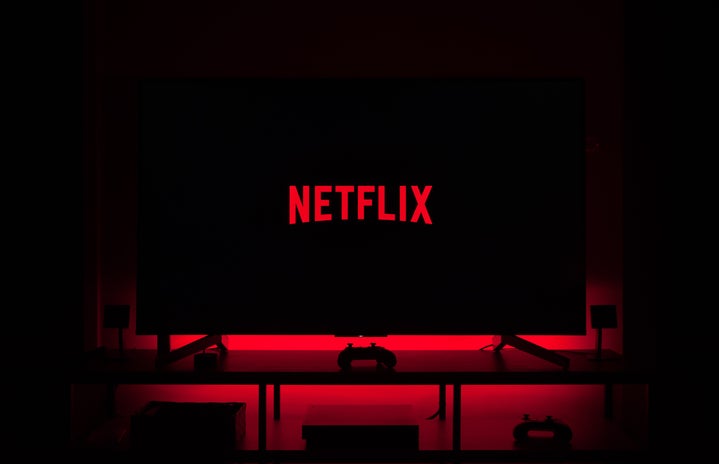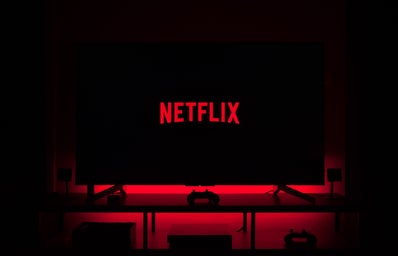Ever had a paper due in two hours, and an 8 A.M. class and another quiz the next day, but the urge to watch just one more episode of Black Mirror just won’t let you work? If yes, then you know how tough it is to fight the temptation of watching just one more episode. The term binge watch is more crucial to a millennial’s life than we expect it to be. But how would a university student, who gets assignments to write and quizzes to study for at the drop of a hat, manage academics with the constant temptation of catching up on their regular dose of Netflix?
In a rather funny, but scary, interview, Netflix’s CEO Reed Hastings says that Netflix’s biggest competition is sleep. In fact, on average, a college students lose 46 minutes of sleep each night due to phone usage. While one can argue that taking breaks from work is absolutely essential, it doesn’t take too long for a series of short breaks to turn into hours, further turning this habit into a new addiction. The addiction of completing a season of a thrilling show is then more desirable than studying, playing sports or even socialising. Even if students fight the urge to not let this addiction disturb their daily schedule, it is still hard to not let Netflix mess up our sleep schedule. Sleep procrastination pushes bedtime further and further, eventually causing students to feel tired and less productive during the day. While a lot of millennials claim that watching Netflix helps them fall asleep, evidence suggests that too much binge watching causes restlessness instead. The psychological phenomenon of ‘cognitive empathy’ keeps us hooked on the lives of people who usually aren’t even real, making us forget about our own commitments and responsibilities.
With over 117.5 million subscribers in over 190 countries (there are 195 countries in the world) who consume over 140 million hours of TV shows and movies per day, Netflix was able to grow its streaming revenue by 36% to over $11.6 billion, adding 24 million new members. On the back of this growth, the company has seen its share price double in the last 12 months, helping it reach a market capitalisation of $120 billion. The scary part of this data is that most of its consumers are school and college going students, and this is not a great sign for their future. Apart from the negatives like procrastinating on work and losing out on precious sleep, too much binge watching also affects one’s physical and mental health negatively.
However, this doesn’t always have to be the case. Hayat Dhanoa, a first year, says that her Netflix subscription doesn’t harm her at all. It is actually a good alternative for when she is too tired because of the workload and wants to relax a bit. On the other hand, Ankita Borah, another first year admits that Netflix is a huge distraction from academics.
Despite all the negative effects of a Netflix subscription, it can also be used in a positive way. TV shows are often a great conversation ice breaker between students and can lead to meaningful relationships. A lot of students even use watching a couple of episodes as a reward for completing a certain amount of work. One can also avoid using Netflix just before going to bed or before an important day of exams and projects to stay productive.
Edited by Gauri Jhangiani
All images are curated by Viraj Malani


